The Paradoxical Avoidant
“Avoidant” has become so overused, flung about carelessly in the current dumpster fire of a dating culture, that it has stripped the humanity from what is a very real wound - a paradoxical wound of closeness and worth. They desire depth, yet fear the very depth they so desire. They move like entrancing lunar-ruled tidal waves, there is always a rhythm.
Love for them feels like a labyrinth of mines and traps. At times, they question whether it is even worth the effort - and yet, in their hearts, it is what they desire above all else. The difficulty lies not in the wanting, but in metabolising love in a way that feels safe enough for it to be digested. Most, after years of harrowing torment in relationships, know their fractures intimately, as well as the collateral wounds they impose on others. It feels like a curse - one they never had a say in, a fate chosen for them, inflicted on them, and forced upon their flesh. The “gift”, if it can be called that, in exchange for such a curse, is hyper-attunement. While most will never reveal the full extent of their awareness, it is always there. Small shifts in tone and language alert their internal alarm system. Over time, they become adept at discerning these pings. Yet it is this very gift that makes them attentive to the needs of those they love.
Somatic Memory
As children, the “love” they were subjected to equated closeness with pain. Their bodies learnt to regulate by shutting down, pushing away, or escaping. What they encountered was volatile, unpredictable “care” marred with soul-flagellating fear - carried like a tarnished, silent legacy by their small bodies until it seeped into and fused with their subconscious. Their soma remembers how terrifyingly tumultuous attachment felt and inscribed this rhythm into their somatic memory. Restlessness became the repeatedly enforced default, making calmness in connection feel foreign, almost extraterrestrial - creating inherent unease whenever it sticks around for too long. Stability, paradoxically, became destabilising - yet the familiar was never synonymous with nourishment. This is why, in adulthood, “calm” love feels suspicious - like the silence before the storm, or the precarious stillness of its eye. Such love carries the somatic echoes of past dread, and so their body braces for impact.
The Rhythm
More often than not, after the unpredictably “safe” honeymoon period, usually around two to three years into a connection, when excitement has settled into routine and stability shifts into the foreground, they become existentially restless. An inexplicable discomfort stirs within them, a kind of psychic “itchiness” - a persistent nagging throb, like a determined mosquito circling their ear, impossible to swat away. The tension creeps, then swells, and finally begins to externalise. Their subconscious, craving relief, prods for disruption, manufacturing instability so the body can return to the “normalcy” it once knew.
It usually begins with flickers of micro-defiance - tiny acts of resistance such as rejecting a minor suggestion, deflecting a bid for affection, making a joke with a sharper edge than usual, or adopting a subtly cooler tone. To the inattentive loved one, these appear as mere irritations, manifestations of “just a bad day”, but they are early warning signals for space, it is their subconscious pressure valves releasing steam.
Suffocation
Their internal somatic rhythm renders them hypersensitive to timing, pacing, and intensity. When closeness breaches their absorption threshold, they plunge into an internal “blackout” - a frenzied, disorienting panic where it feels as though their control barrier has been seized and overwhelm crashes in. If sufficient space is not given, the soma grows desperate for air, and this mounting pressure escalates the externalisation of its protest. It feels like a suffocation switch, akin to a gag reflex - a reactive knee-jerk, primal instinct that overrides adult rationality. In this state, they enter a solipsistic trance where the child-self takes reign, and that which feels rational is anything but.
For them, the experience feels inflammatory, aggressively acute - chest tightness, a lump in their throat, a violent urge to unleash a monumental push against the walls that seem to be closing in. The instinct is to carve space, by any means necessary.
The Lash Out
More often than not, this emerges as ruthless lashing out - vicious words wielded like scalpels, applied with surgical precision to cut at tender spots. The incisions feel disproportionately cruel, not only because they plunge and twist into the heart, but because the chosen angle reveals an awareness of bruises deliberately selected to be pressed upon.
What is conveyed is often not how they truly feel, but is deployed in such a manner that the impact guarantees space - enough to push their loved one back, to secure breathing room. In that moment, they dissociate in a near-automatic, self-protective reflex, numbing out just as they once did against parental cruelty - to defend themselves against the very figures meant to protect them. It is a somatic stress response - a boundary viciously asserted under overload out of desperation. It is not rooted in malice but in survival, for their soma believes it is in danger. Their body screams - “this is too much, I cannot hold this, I am being engulfed”. In this state, survival trumps all else, they will do whatever it takes, even if it means tearing pieces from themselves as a bloodied offering to secure space. The intention is not perverse calculation or sadism, yet functionally it can feel precisely this way to the one on the receiving end - especially if they lack discernment.
Paradoxically, the very need to carve out space shows that closeness exists - because someone of real meaning, who matters enough, has touched the wound inside them. Thus, within them, their life drive masquerades as their death drive, and their death drive masquerades as their life drive - competing forces pulling in opposite directions yet yearning for the same core truth, a desire they circle endlessly but can never quite reach.
Childhood Time-Travel
When childhood wounds flare, adults regress to the age at which the wound was first imprinted. Love destabilises them because it threatens the infrastructure they have painstakingly built to feel strong. They act out not only to create distance, but to test whether love will remain if they reveal the rage they were never permitted to express as children. Outwardly, they may dismiss the notion of unconditional love, yet inwardly it remains their deepest longing.
As children forced to regulate alone, their adult soma subconsciously recreates this “safety” - resulting in the paradox of closeness. They retreat into “tranquil” isolation in order to digest love, while simultaneously craving that the loved one they have just pushed away will not abandon them completely. It is not that they do not want to receive love, rather, closeness terrifies because the body remembers when closeness meant pain - the emotional memory of such pain is so severe that they instinctively flinch when it approaches again. Thus, the experience of “closeness” is coloured by and carries the colossal weight of crescendoing, impending, harrowing doom. Receiving love becomes one of their hardest challenges, for to their bodies it is synonymous with abandonment, punishment, and pain.
The Cost
More often than not, they are punished by their loved one for their withdrawals and the manner in which they enact them - through anger, abandonment, or cold detachment - all of which reinforce their existing wound. While such reactions are not unfounded, they leave them feeling misunderstood and attacked, prompting them to close off and retreat even further. Some even pre-emptively abandon before they can be abandoned. In many ways, they author the very catastrophes they are simultaneously trying to prevent.
When alone, sitting in their hard-won costly breathing space they have carved, they slowly return to baseline. Like cubs retreating into hibernation caves, they self-soothe with creature comforts or addictions, occasionally scavenging for scraps of pseudo-warmth they have previously learnt to assimilate. When calm returns, their “adult” logic brain comes back online, and guilt begins to creep in. They replay their cruelty in excruciating detail, combing through it while ridiculing and flagellating themselves in silence. They feel remorse, embarrassment, devastation, and at times, self-disgust. Yet this reckoning is delayed, by the time it arrives, they often cannot admit what they feel, uncertain how to ask for closeness from the very loved one they have just hurt. Instead, they awkwardly extend small olive branches, hoping one will land - gently tiptoeing around what has occurred by resetting through light humour, memes, or casual banter, easing their way back into a conversational flow. The remorse is genuine, but muted, subtle, and rarely named aloud.
Most are consciously aware that they are comparatively harder to love. Some even adopt the overapplied “avoidant” label and resign themselves to loneliness, convincing themselves that they prefer hyper-independence, since they are unlikely to ever sustain a functional relationship. Yet beneath this stalemate lies quiet hunger, human ache, and soul-level exhaustion. The uncomfortable truth is that they cannot heal these wounds alone, for they are relational wounds. Awareness may illuminate, but healing requires submergence in feeling through lived experience, the body must experience nourishing love in order for the child within to learn.
The Magnetic Paradox
Their very complexity, polarity, and innate strength in other domains make them highly magnetic. Deprivation is transmuted into awe-inspiring grit, creativity, and achievement. They are often brilliant - exceptional critical thinkers who, having learnt early not to trust existing maps, were forced to chart their own. They become cartographers across domains, because they had no other choice. This makes them innovators and artists, compelling precisely because they are mosaics of lived experience, paradoxically attracting those who have not yet taken risk themselves. Confidence radiates from their survival, drawing in admirers seduced by resilience and durability - yet, poetically, such admirers are rarely those capable of nourishing their wound.
The more mature among them know that the “death loop” they live and embody is draining not only for themselves but also for those who try to love them. They often warn new lovers, yet such warnings often fall on deaf ears due to a lack of perceptiveness, discernment, and capacity to comprehend what they actually mean - or they just do not care because they are blinded by sheer attraction. Later, the very warnings are weaponised against them, scornfully reframed as “red flags” or “narcissism”, condemned for their inability to give them what they want, in the way they want. Damned if they do, damned if they don’t.
While their polarity makes them highly attractive, their paradoxical nature is far harder to love well. To love them well requires a lover willing and able to hold their nature without forcefully collapsing it into binary constructs that serve a fantasy narrative - for in doing so, the lover neither fully acknowledges nor witnesses their true complexity, and thus does not truly love them for the entirety of their being. Thus, their lover requires a rare constellation of traits - perceptive attunement, intellectual acumen, vast raw spiritual reserves and strength, immense compassion, and both cognitive and emotional grit - above all, it requires paradox tolerance, the ability not only to comprehend, but to not be destroyed, destabilised, and fractured by the layered contradictions they inevitably unleash.
Tragic Re-enactment
The tragedy for many is that they often perpetuate the very wounds inflicted upon them by their parents, and their loved ones pay the price for the myriad of paradoxes they carry within. The fact that most lovers cannot withstand the depth of love required to heal these wounds only demonstrates how profoundly they were hurt as children. What is needed to heal them can, at times, fracture others - it reveals the full-blown wrath, fear, and pain that they themselves were once subjected to. Imagine carrying a wound, knowing that your wound, through no fault of your own, wounds those you love and who love you. For those with such awareness, self-contempt often festers - it is a sense of helplessness in their predicament, tinged with resentment. Yet many still long for connection and want to build a family - however, for them, “family” is a word that tastes of ash, and is coloured by pain - something they ache to recolour.
Those who attempt to love them without the necessary capacity, comprehension, consistency, and devotional commitment often discover, in time, that they cannot withstand the “death loop” and eventually abandon them. They cut their losses and leave, unwilling to bear the emotional, psychic, and soul debt created by parents who were not their own. This creates a paradox - on one hand, they respect their loved one for having the strength to walk away, on the other, it confirms their inner bias, reinforcing the narrative that they are unworthy of, or incapable of sustaining, the love they long for. The tragically beautiful reality is that they rarely blame those who leave. Instead, they often believe themselves to be an energetic black hole, because neither party created the wound, yet it takes both as payment to dissolve and dissipate enough of their internal storm to allow for something functional to exist.
Their behaviour can make those who try to love them feel used because their lover often lacks the perception to comprehend that what appears to be a lack of reciprocity is in fact a lack of capacity. An adult with a nourished childhood carries a far greater internal hearth for love. An adult with a malnourished childhood remains frozen at that age, striving to keep their modest yet sincere internal flame alive. At times, they give all they can, loving bravely in the only way they know. But their all may register as only a fraction by their lover. This is perhaps the most painful feedback they receive, that their efforts are not enough, invisible, or dismissed outright. It leaves them feeling rejected and dejected, questioning why they bother at all. There is a distinction between their ability to feel when alone and their ability to receive and give love. They are not robots, they feel with immense depth. What is wounded is not the capacity for emotion itself, but the flow of love - it is a connectivity issue. They become jaded, disillusioned - concluding that it is easier to detach entirely and make do as they always have.
Some choose to leave their loved one because a part of them believes they are saving those they love by leaving, sparing them unnecessary fractures and pain - but the truth is, martyrdom feels like a safer, more redemptive narrative - a reframe. So they escape into whatever they can get, even when knowing what it will cost them, even when knowing it will incur further soul-debt. Others resign themselves to the idea that they can Musashi their way through isolation, posturing as enlightened pseudo-sages. Yet all such paths are merely forms of escape. At their core, they remain human - they need connection, no matter how convincingly they tell themselves otherwise.
When Someone Stays
For those fortunate enough to encounter a lover with the necessary constellation, who chooses to stay with full awareness of what it entails, the experience becomes a moment of profoundly confronting internal reckoning. They recognise and comprehend that this loved one is willingly taking on the emotional, psychic, and soul-debt created by their parents - not because it is easy, but because they deem them worthy of the immense love and strength required to recalibrate and subdue corrosive childhood beliefs, turning these beliefs from drivers into obedient passengers. While they feel heartfelt gratitude, layered emotions accompany it. Their worthiness wound provokes an inner question - who would be irrational and insane enough to willingly subject themselves to such difficulty? Paradoxically, this almost makes them teeter between respect and faint disrespect for the one who chooses to stay. Thus, they are caught in an exhausting internal rigmarole.
What Healing Looks Like
Healing is a gradual process anchored in feeling, which allows embodied wisdom to flourish, slowly recolouring both soma and subconscious with nourishing warmth. Having been deprived of stable, whole, accepting love in their formative years, this deprivation becomes engraved as their baseline. Conditioned to survive on starvation rations, a normal caloric love-diet can at first feel excessive, gluttonous, even cumbersome to consume - almost registering as a lethargic “negative”. It is not that they are ungrateful, rather, they often resent how destabilising love feels, and how much they struggle to absorb what they most crave. They usually recognise, at some level, that their ability to metabolise love has been wounded.
Investment in a consistent, attuned manner builds trust, because it gently massages away the knots bound to their core wound - the belief that they are not worthy of love. Warm loving touch, applied bit by bit, over time, gives them the space and pace to acclimatise - to learn how to metabolise their new caloric love intake. This is why they tend to trust consistency far more than intensity in love - consistency provides an organically paced environment in which their internal child can not only believe in love, but trust it, and begin to feel it. The process demands patience, attunement, awareness, and a lover willing to stay through it all - someone strong enough to love them not only in their current incarnation, but also in their wounded child. To be doting, nurturing, and tender in the way they never received during the most critical time of their formative development. It is about holding paradoxical tension, attuning when inklings of distress emerge, and respecting their need to return to baseline without punishing them for it. Slowly, their bodies learn what love means, that it can be safe - gently dissolving that which has long been held in their somatic memory.
Externally, the progress appears subtle, internally, it is astronomical. It requires attunement and the willingness to recognise their efforts. Many will shift from ghosting-like withdrawal to directly communicating their need for space. Though it may be unpolished, it takes enormous strength for them to do so. At times, it may seem like a mere hint to others, yet to them it feels overt - precisely because such expression is so unfamiliar. When they do, listen, love them compassionately from a distance. They are trying with every ounce of themselves, fighting against the raging alarms within their bodies just to remain present. Existing in their body, in that constant state, is exceptionally draining. To them, it feels like moving against their own internal nature - swimming against relentless raging currents while resisting the pull to be swept away. Choosing to stay and to communicate is evidence not only of their healing, but of their love.
How they articulate desire is often hint-like, because alongside their core wound they were also made to feel that their words did not matter. Thus, they feel around for a form of expression, testing modes of language, until they find one that feels safe enough to reach their desired outcome. It does not come naturally - for wounds do not exist in a vacuum - they intermingle, bleed, and colour one another.
The Result
Healing takes patience, but even more so, a sober outlook. These wounds are rarely erased, yet their internal oscillations can shrink and soften - becoming less volatile, more spread out, and increasingly manageable over time.
And perhaps, with a little understanding and compassion, we will all find a meaningful way forward.

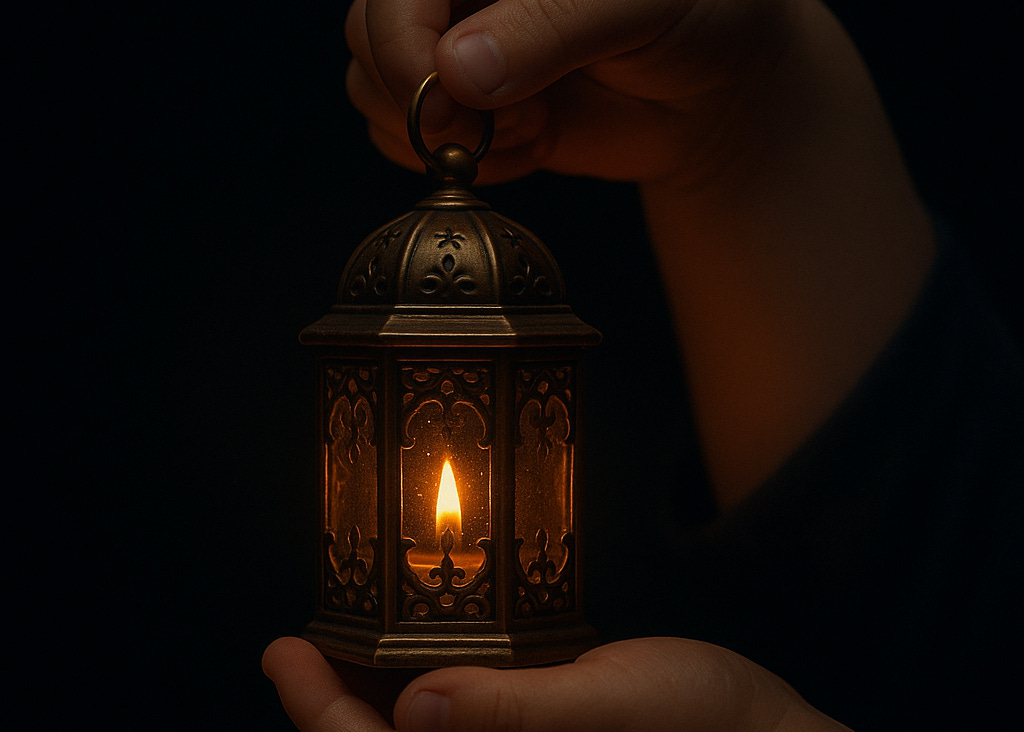

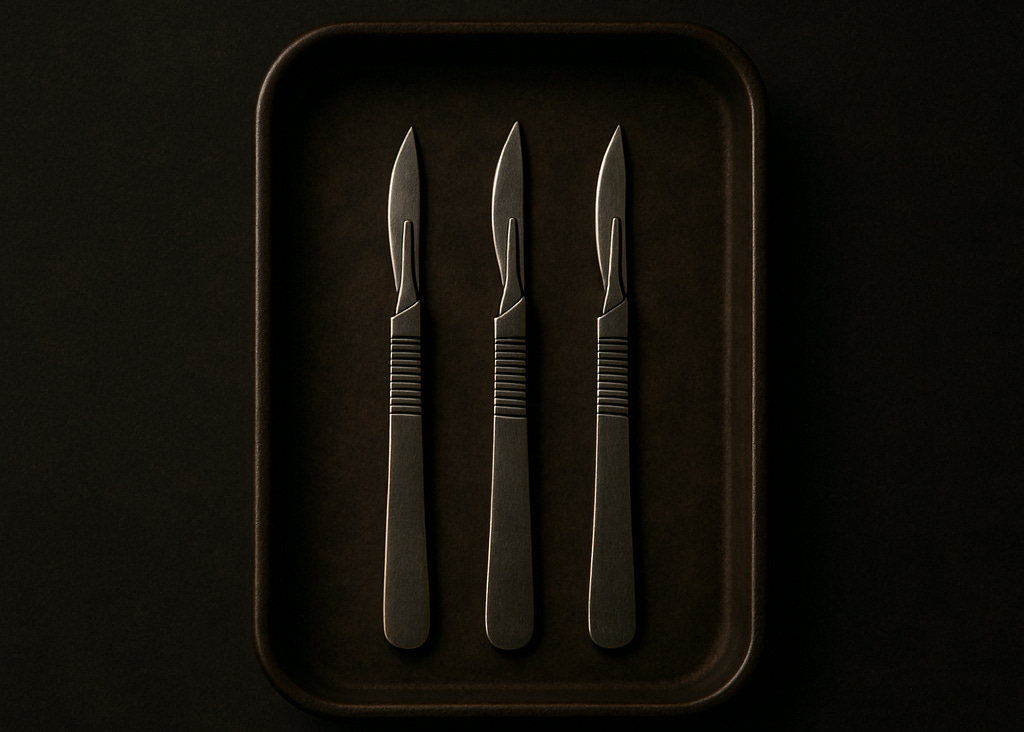
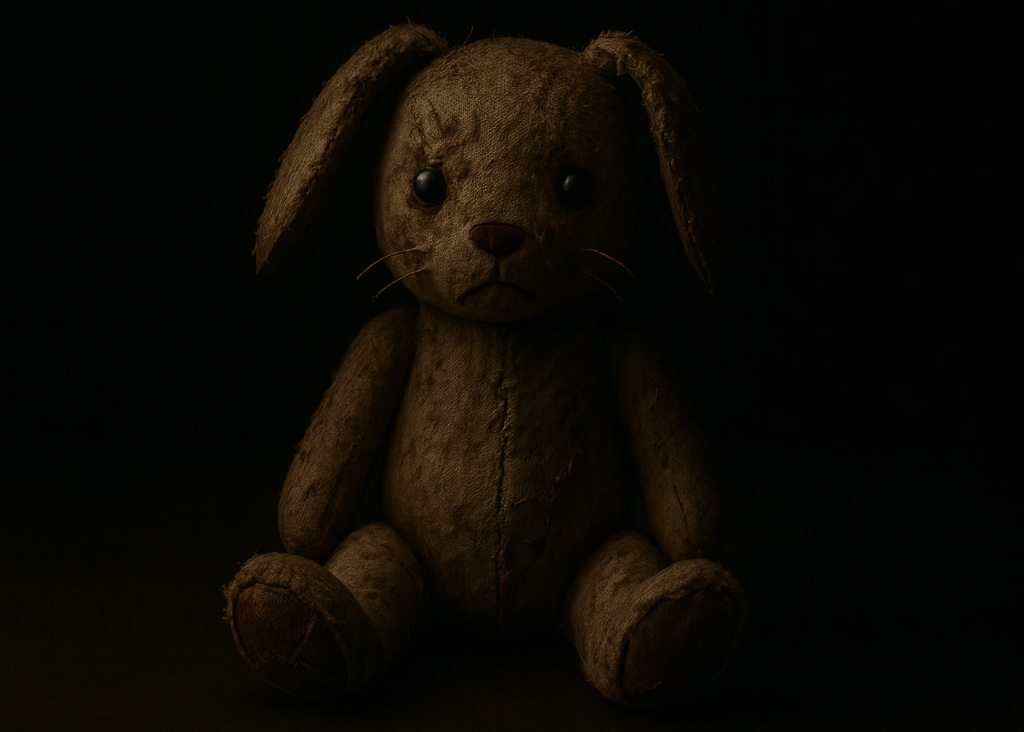


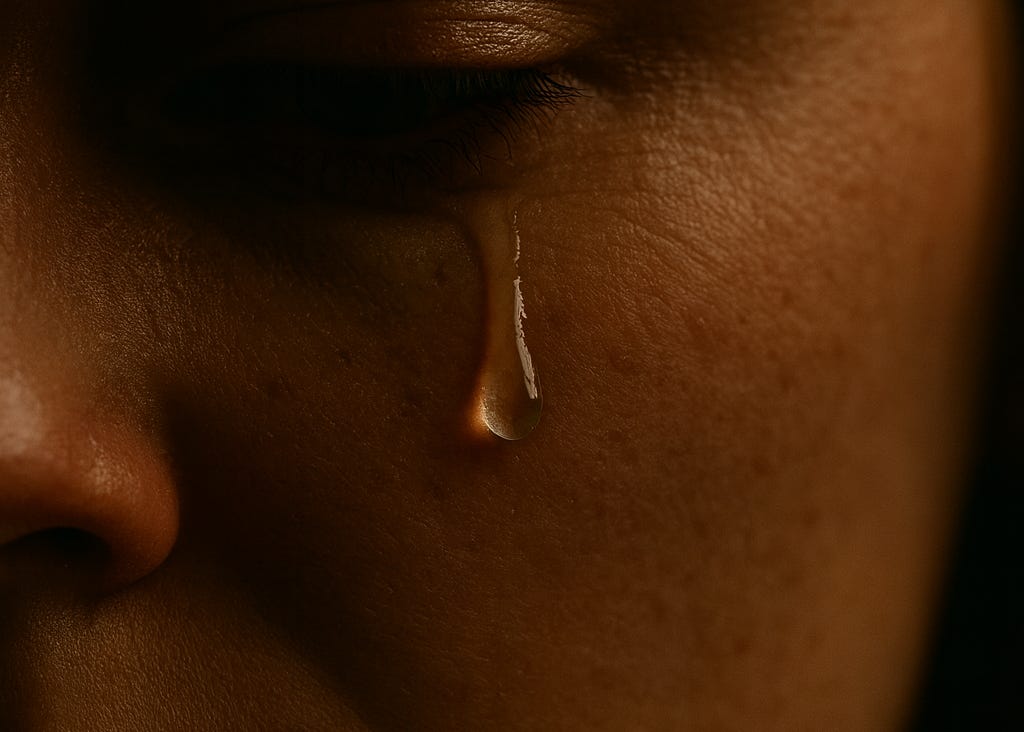

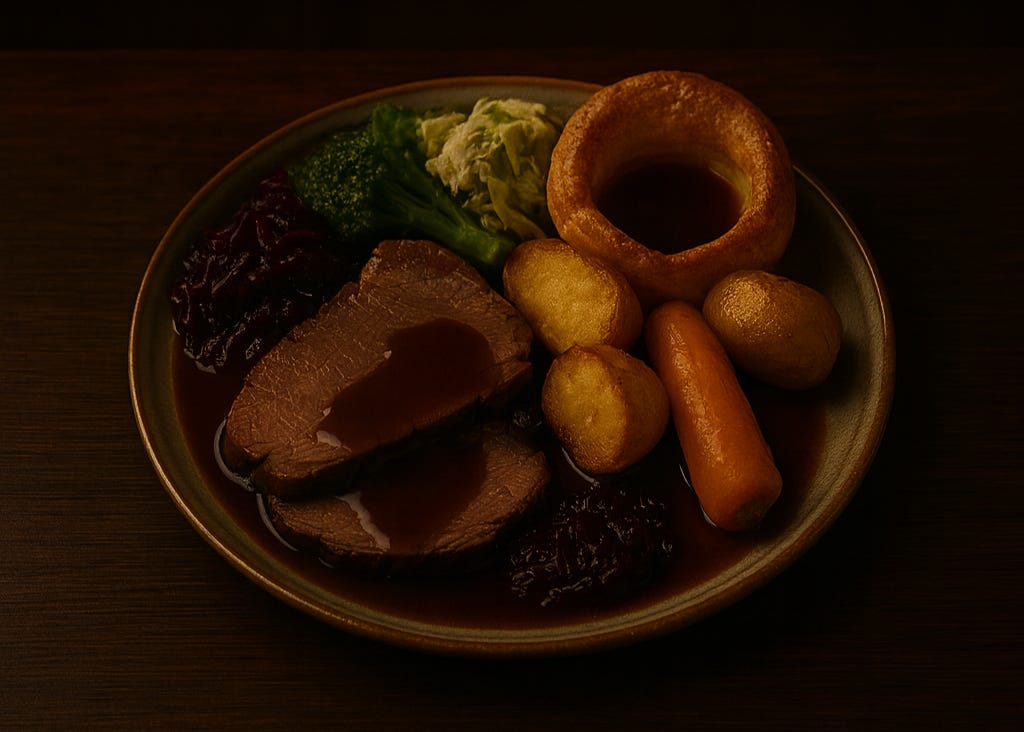
I resonate with this writing a great deal. I feel that the qualities one has to cultivate in order to endure emotionally unstable/unsafe parental dynamics are attractive to people because most of us are wounded in some way.
However, if someone is drawn to our strength for the wrong reasons, they end up reenacting their parental wounds, using us a resource, or a projector screen and leaving cleansed of some trauma that we hold for them like a sponge. We are so used to love being an exchange, of devouring their sorrows in exchange for tokens of affection that we think that all love is that unhealthy.
The greatest sign of love from someone who truly appreciates us is to not do that, to be the only person in the world that doesn't need us to be strong for them, or their healer, or there new parent.
They can show us this by creating space for us, for needing nothing at times, and fostering spaces where we can learn boundaries, healthy emotional dynamics, and how to receive love in dignified equanimity rather than a currency of service.
They may lean on us at times, but they see us as more than a resource, more than a strong person, more than their private therapist
Its someone who admires the armor, and skills we acquired to survive, but loves the scarred healing body underneath even more. It is something we all need in these times.
Excellent. Speaks of a profound connection and a long time spent observing someone with this constellation. Comes from a loving space and enjoy all the metaphors.